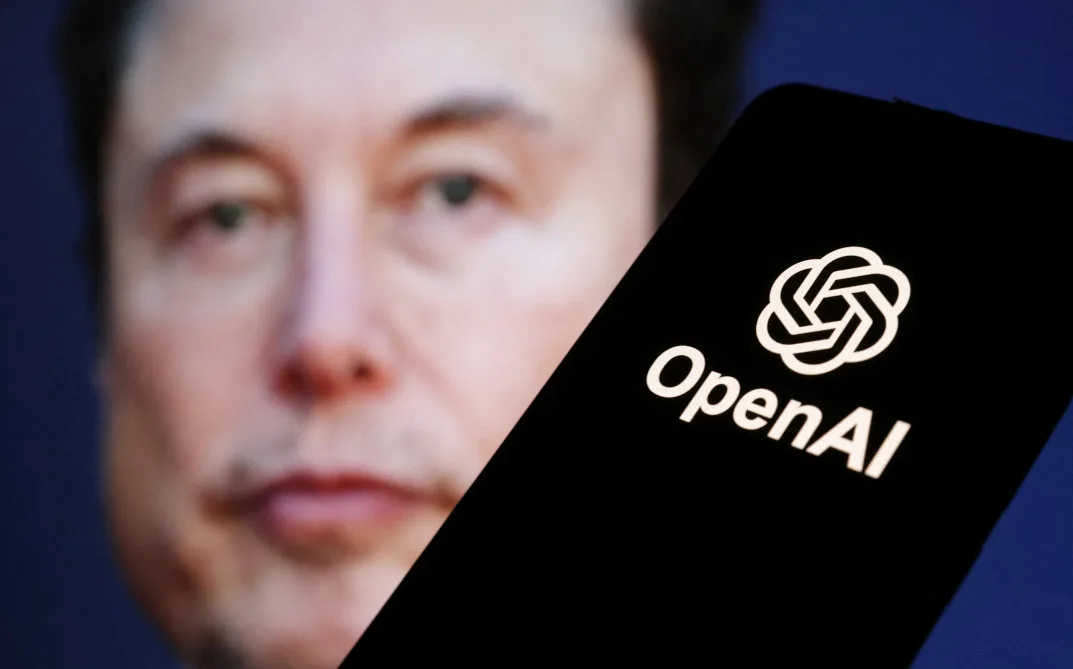
Elon Musk has withdrawn his lawsuit against OpenAI, its co-founders Sam Altman and Greg Brockman, and other associated parties, as confirmed by court documents ahead of a scheduled hearing in San Francisco.
What Were Musk’s Claims in the Lawsuit?
In the 35-page legal document filed in February, Musk detailed allegations of contractual breaches and failures in fiduciary duties by OpenAI, an organization he helped to create.
The suit accused Altman and Brockman—OpenAI’s CEO and president, respectively—of diverting the organization from its initial non-profit mission aimed at benefiting humanity to evolving into a for-profit entity significantly influenced by Microsoft, which holds a substantial stake.
Musk’s claims highlighted a shift in OpenAI’s operational ethos, which he argued contravened the organization’s foundational goals of developing artificial general intelligence (AGI) to benefit humanity. Instead, according to Musk, OpenAI had become excessively commercialized, particularly after Microsoft invested $13 billion and obtained a 49 percent stake, turning it into a “closed-source de facto subsidiary.”
Despite the gravity of the allegations, legal experts had questioned the solidity of Musk’s claims, pointing out the lack of a formal, signed founding agreement. The case was dismissed without prejudice, allowing for the possibility of future litigation on similar grounds.
This lawsuit followed Musk’s public criticism of OpenAI’s recent partnership with Apple, a move he responded to by banning Apple devices from his companies. His critique extended to OpenAI’s management under the stewardship of Altman and Brockman, whom he accused of prioritizing corporate profits over the altruistic development of AGI.
Legal experts had previously expressed skepticism about the viability of Musk’s claims, pointing to the ambiguous legal foundations of the case. Notably, the dispute centered on an agreement that was allegedly never formalized in writing or signed by all involved parties. The debate touched on the broader implications of such transformative shifts in the governance of tech entities, particularly those originally founded with explicit philanthropic objectives.
Musk’s New AI Venture
Parallel to this legal development, Musk has been actively developing his own AI enterprise, xAI. Launched as a direct competitor to OpenAI, xAI recently announced a significant $6 billion in Series B funding from prominent investors including Andreessen Horowitz, Sequoia Capital, and Fidelity Management & Research Company. The startup’s mission, as stated on its website, is to “understand the true nature of the universe,” a philosophical stance that Musk has long championed.
xAI also introduced a new AI chatbot named Grok, inspired by “The Hitchhiker’s Guide to the Galaxy,” which, unlike its contemporaries, boasts real-time internet knowledge and has been in development for two months prior to its release.
Related News:
Featured Image courtesy of Dado Ruvic/REUTERS
